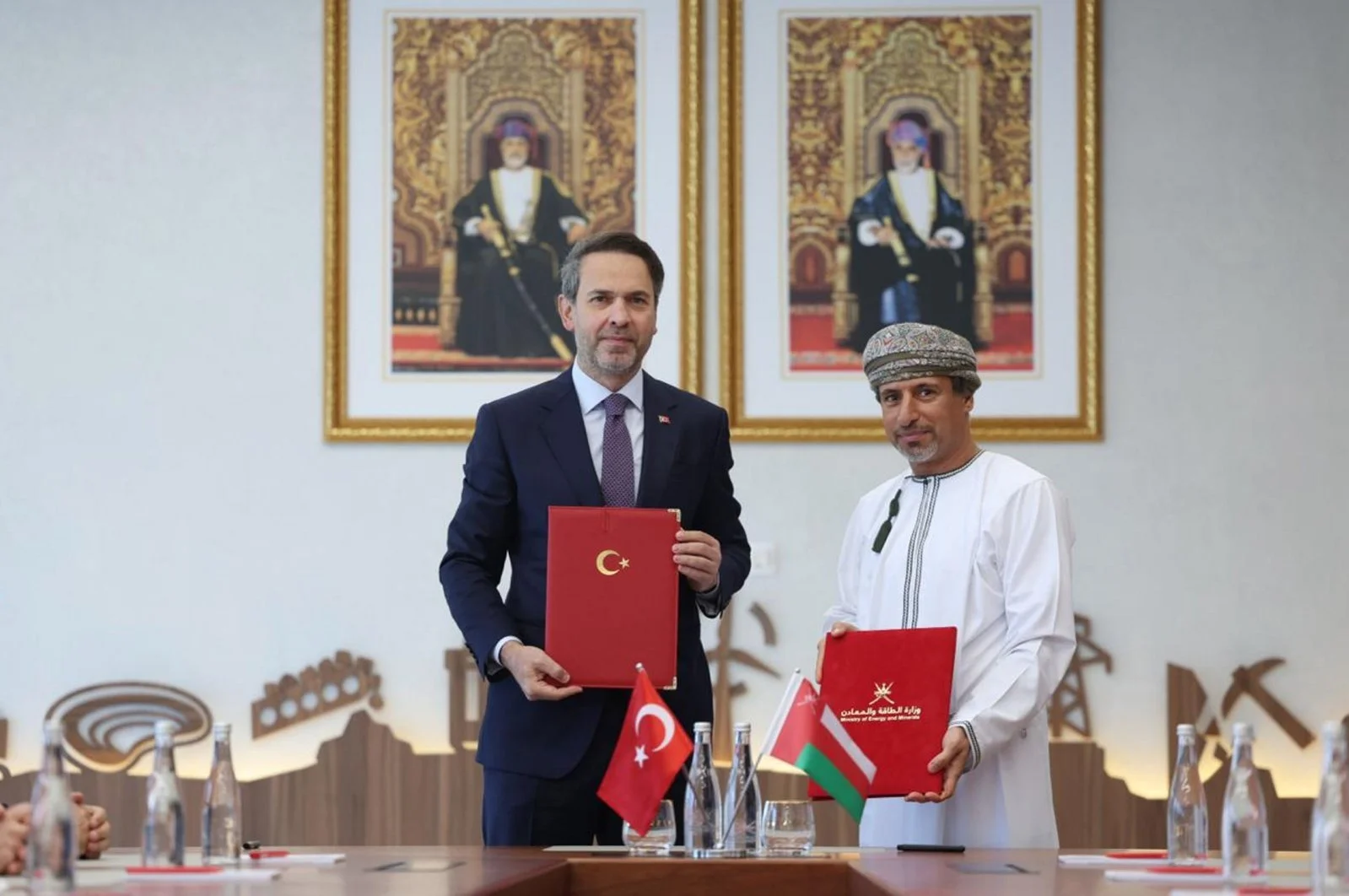A New Energy Chapter: Türkiye and Oman Partner for a Greener Future
In a significant milestone for regional energy diplomacy, Türkiye and Oman signed a new Memorandum of Understanding (MoU) on July 15, 2025. This MoU aimed at deepening bilateral cooperation across key energy sectors, including oil, natural gas, electricity, clean energy, and hydrogen technologies.
By committing to transform their mutual energy interests into concrete, high-impact projects, this MoU reflects on the long-term commitment of both countries to sustainable development and clean energy transition.
Inside the Agreement
Türkiye and Oman share a long-standing history of bilateral relations. In previous years, they signed MoU focused on trade, finance, and logistics, which successfully paved the way for deeper economic cooperation, including a $500 million joint logistic venture. This latest MoU, signed by Türkiye’s Minister of Energy and Natural Resources, Alparslan Bayraktar, and Oman’s Minister of Energy and Minerals, Salim bin Nasser Al Aufi, signals a new phase of collaboration between the two countries.
Bayraktar emphasized that the scope of agreement extends traditional energy trade, highlighting collaboration in technical knowledge-sharing and joint initiatives in electricity, renewable energy, energy efficiency, and hydrogen technologies.
The agreement outlines a framework for Clean Energy Collaboration, Green Hydrogen and Ammonia Project Development, Carbon Capture and Storage (CCS), Energy Efficiency Programs, Technical Exchange and Joint R&D centers, and Private Sector Involvement and Investment.
This MoU aligns with both countries' national energy roadmaps, which emphasis on clean energy integration, emission reduction and economic diversification.
Why This Agreement Matters for Türkiye
At the core of this agreement lies mutual energy security and economic diversification. Türkiye, a country that still heavily relies on imported fuels, sees Oman as a strategic partner in securing stable, long-term energy access, particularly in green hydrogen, where Türkiye is aggressively positioning itself as a future global energy hub.
With an ambition to generate over 65% of its electricity from clean energy sources by 2035, Türkiye aims to expand its clean energy capacity while developing hydrogen infrastructure. Through this MoU, Türkiye gains access to Oman’s rapidly growing green hydrogen ecosystem, opening the food for R&D cooperation, pilot projects, and potential export partnerships.
This collaboration on clean energy infrastructure and technologies sends a strong message, that global energy transition is not limited to developed nations, it’s a shared responsibility and opportunity for all.
Beyond an Agreement: Laying Groundwork for the Future
This MoU is more than just a formal gesture, it is a foundation for strategic, high-impact collaboration. It opens pathways for future initiatives such as:
Pilot green hydrogen production sites
Joint R&D centers for energy technologies
Workforce development and digital infrastructure cooperation
Investment forums connecting Turkish and Omani clean energy companies
With the growing momentum in Türkiye-Gulf relations, this MoU could serve as a launchpad for broader cooperation, not just in energy, but also in climate diplomacy, technology exchange, and sustainable trade policy
Collaboration for Clean Energy and Competitiveness
This agreement reflects a growing global understanding that clean energy is not just about climate, but a competitiveness, cooperation and resilience that is important for the future of Nations. As the world moves toward decarbonization, partnership like this will play a critical role in shaping a stable, secure, and sustainable energy future. For Türkiye and Oman, this MoU is not the end, but the beginning of a shared clean energy journey.


